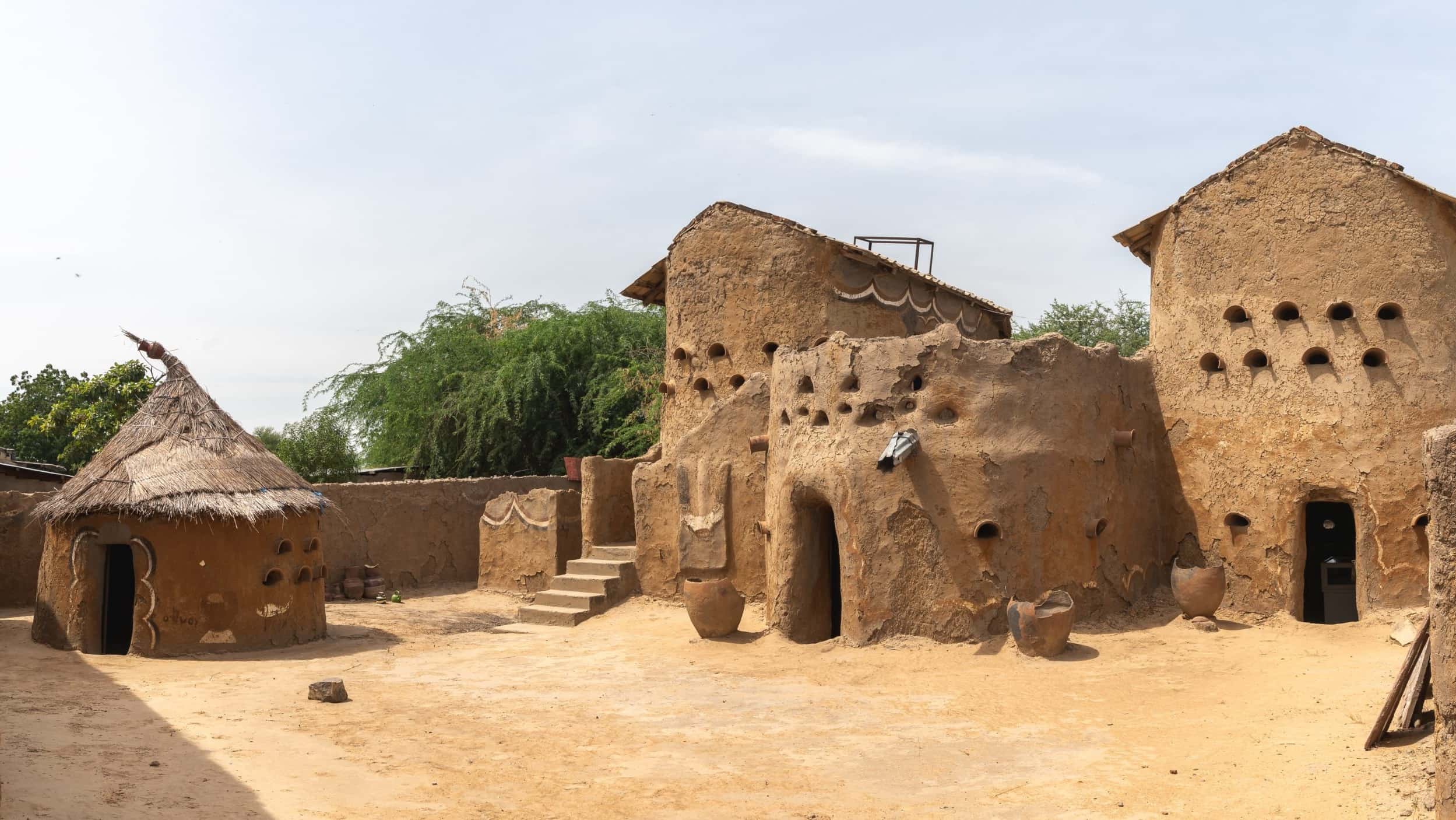
Chad is a country full of surprises and rich history. Nestled in the heart of Africa, Chad boasts diverse cultures, landscapes, and wildlife. Ever wondered what makes Chad unique? Chad is home to the stunning Lake Chad, one of the largest lakes in Africa, and the Sahara Desert's breathtaking dunes. The country has over 200 ethnic groups, each with its own language and traditions. Did you know Chad's capital, N'Djamena, was once called Fort-Lamy? From ancient rock art in the Ennedi Plateau to the vibrant markets of N'Djamena, Chad offers a blend of the old and the new. Ready to learn more? Let's dive into 20 fascinating facts about this incredible nation!
Key Takeaways:
- Chad, a diverse country in Central Africa, is home to the Sahara Desert, Lake Chad, and the Tibesti Mountains. Its rich history, with over 200 ethnic groups, and natural beauty make it a unique and fascinating place to explore.
- Despite its natural wealth, Chad faces challenges such as poverty, political instability, and limited access to basic services. The country's economy relies on agriculture, oil production, and untapped mineral resources.
Geography and Climate
Chad, a landlocked country in Central Africa, boasts diverse landscapes and climates. From deserts to lakes, Chad has it all.
- Chad is the fifth largest country in Africa, covering approximately 1.28 million square kilometers.
- The Sahara Desert spans the northern part of Chad, making up about one-third of the country.
- Lake Chad, once one of Africa's largest lakes, has shrunk significantly due to climate change and water usage.
- The Tibesti Mountains in northern Chad are home to Emi Koussi, an extinct volcano and the highest point in the Sahara Desert.
History and Culture
Chad's rich history and vibrant culture reflect its diverse ethnic groups and historical influences.
- Chad has been inhabited since at least 7,000 BC, with evidence of ancient civilizations found in the region.
- The Kanem-Bornu Empire, one of Africa's oldest empires, thrived in Chad from the 9th to the 19th century.
- Chad gained independence from France on August 11, 1960.
- The country has over 200 ethnic groups, each with its own unique traditions and languages.
- The official languages are French and Arabic, but over 120 indigenous languages are spoken.
Wildlife and Nature
Chad's natural beauty and wildlife are a testament to its ecological diversity.
- Zakouma National Park, located in southeastern Chad, is one of the last strongholds for Central African wildlife.
- The park is home to over 50 species of large mammals, including elephants, lions, and giraffes.
- Chad's Ennedi Plateau features stunning rock formations and ancient rock art, some dating back thousands of years.
- The country is part of the Sahel region, which is a transition zone between the Sahara Desert and the savannas of Sudan.
Economy and Resources
Chad's economy is largely based on agriculture, livestock, and oil production.
- Agriculture employs about 80% of Chad's population, with millet, sorghum, and peanuts being the main crops.
- Chad is one of Africa's leading cotton producers, with cotton being a major export.
- Oil was discovered in Chad in the 1970s, and it has since become a significant part of the economy.
- The country has vast untapped mineral resources, including gold, uranium, and natron (sodium carbonate).
Challenges and Development
Despite its natural wealth, Chad faces numerous challenges that impact its development.
- Chad is one of the world's poorest countries, with a high poverty rate and limited access to basic services.
- The country has experienced political instability and conflict, which have hindered development efforts.
- Access to clean water and healthcare remains a significant issue, particularly in rural areas.
Chad's Unique Wonders
Chad's rich history, diverse culture, and stunning landscapes make it a fascinating country. From the ancient rock paintings in the Ennedi Plateau to the vibrant markets in N'Djamena, there's always something new to learn. The country's wildlife, including the rare Kordofan giraffe, adds to its natural beauty. Lake Chad, once one of Africa's largest lakes, plays a crucial role in the region's ecosystem. Despite challenges, Chad's people show resilience and hospitality. Understanding these facts helps appreciate Chad's unique place in the world. Whether you're interested in geography, history, or culture, Chad offers a wealth of knowledge. So next time you think about Africa, remember Chad's contributions and its remarkable story.
Frequently Asked Questions
Was this page helpful?
Our commitment to delivering trustworthy and engaging content is at the heart of what we do. Each fact on our site is contributed by real users like you, bringing a wealth of diverse insights and information. To ensure the highest standards of accuracy and reliability, our dedicated editors meticulously review each submission. This process guarantees that the facts we share are not only fascinating but also credible. Trust in our commitment to quality and authenticity as you explore and learn with us.


